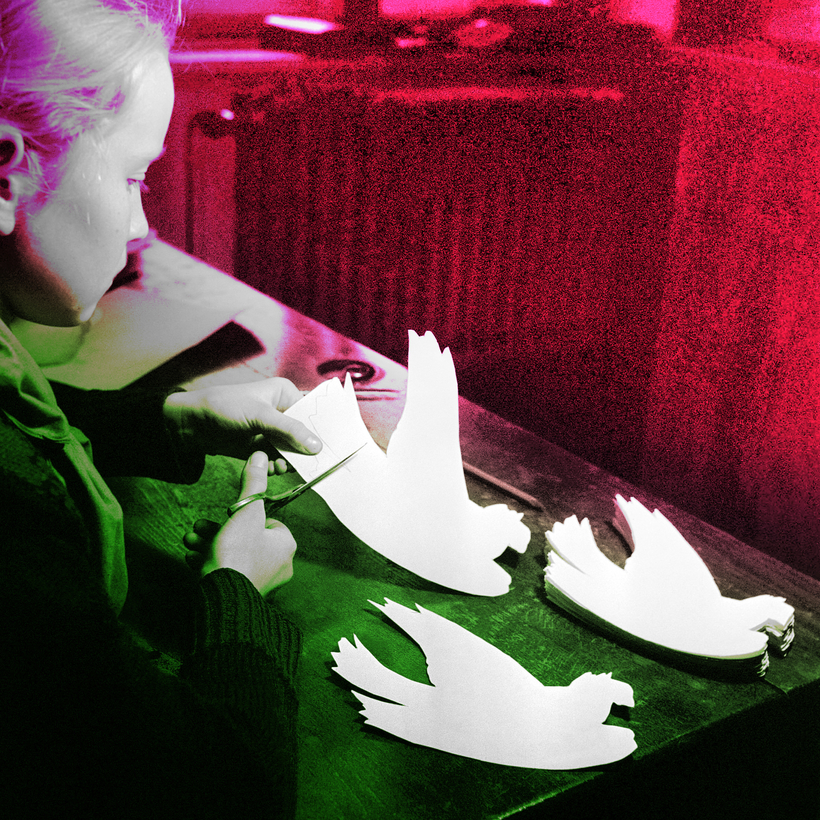The audience for contemporary poetry, like the audience for child pageants, is made up mostly of aspirants and their loved ones. Sure, Instagram sensation Rupi Kaur sells books, but she is the Instapoet who proves the rule. The poetry world is insular; a large, independent readership for the real stuff remains a fantasy.
But A. E. Stallings, an American poet, translator, and critic who lives in Athens, Greece, writes as if the whole world is reading. It certainly should be; Stallings’s new book, This Afterlife: Selected Poems, is a major event. A mid-career retrospective, This Afterlife gathers work—witty, moving, and engaging poems on parenting, everyday life, and mythology—from her first four books. Stallings’s beat is the universal, and her poetry assumes the existence of yeti: smart non-specialists who read poems for pleasure.


